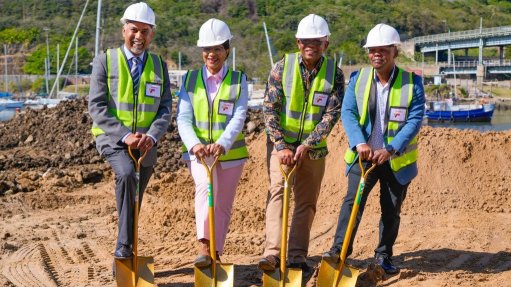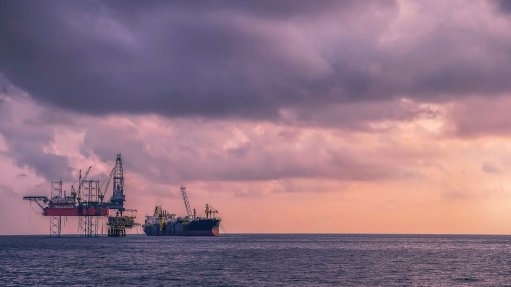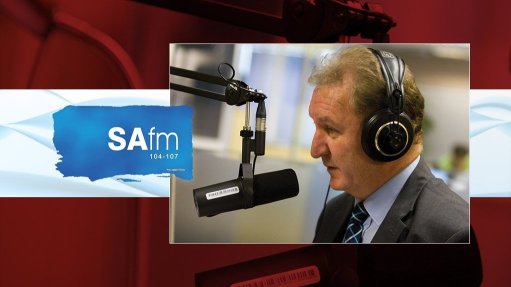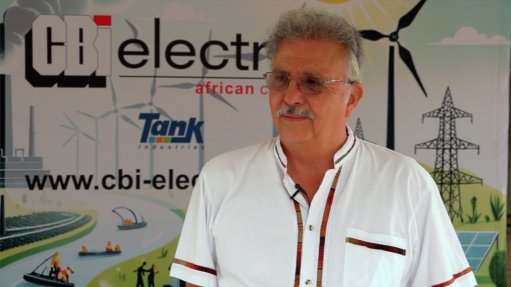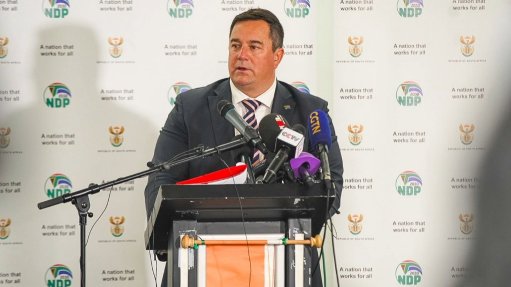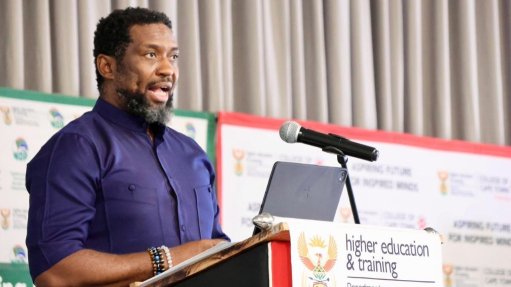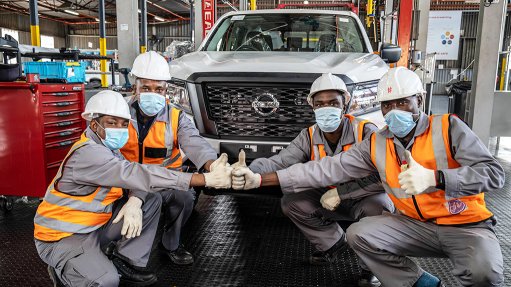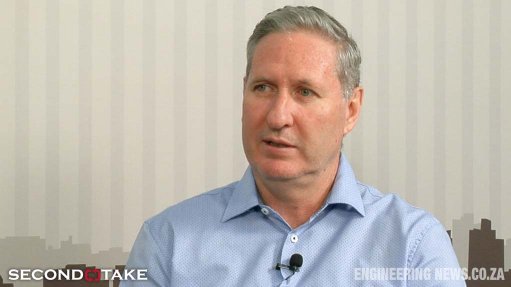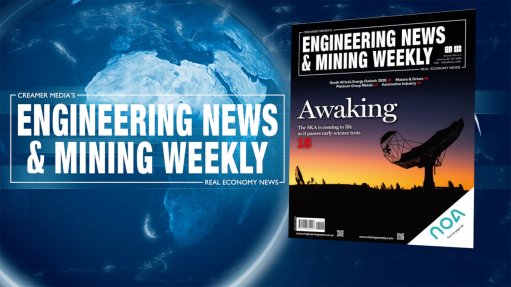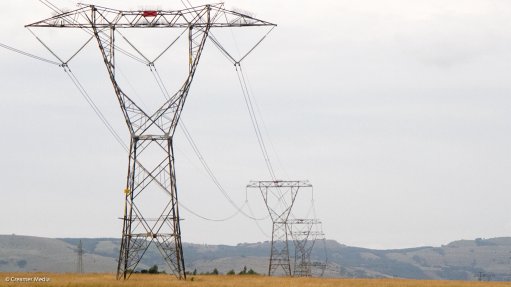Mozambique peace deal paves the way for unprecedented investment
What is the risk of civil war in Mozambique? That was the question a would-be international investor asked us to address recently. While this very question used to be my weekly diet as an analyst during the mid- to late 1990s – usually relating to West Africa’s Gulf of Guinea countries – it is now a sufficiently unusual question that it heightened my interest. More often than not, investors’ instincts highlight fundamental political or economic change that is about to happen.
Such is the case with Mozambique. A peace deal signed on August 6 between long-standing warring parties, coupled with a ‘Go’ final investment decision on a $25-billion investment in offshore liquefied natural gas (LNG), could set the foundations of long-term political and economic stability. Both events could act as a magnet to diverse non- gas-related foreign investment. Both, too, could act as a catalyst to growth within the wider Southern African Development Community (SADC) region.
The August 6 peace deal aims to end hostilities between the region’s two oldest warring parties – former Marxist liberation movement and now ruling party Frelimo and anti-communist cold war rebel group Renamo. Fighting between these two (and their external proxies) kept Mozambique mired in civil war for most of its post-independence period from 1977 to 1992. Skirmishes resumed in mid-2013 in central and northern Mozambique, as the late veteran Renamo leader, Afonso Dhlakama, complained that the political system was not inclusive. Neither Frelimo nor Renamo has the capacity now to win a guerrilla war and the skirmishing mainly harmed the perception of Mozambique as an investment destination.
Current Frelimo leader President Filipe Nyusi and Renamo leader Ossufo Momade – who was elected after Dhlakama’s death in May 2018 – signed the latest peace deal, both with an eye on Presidential polls in October, for which they will be the main candidates. Nyusi is likely to win the Presidential polls and Frelimo to rule Mozambique until 2024. However, Momade – who joined Renamo in 1978, worked his way up its military ranks to reach the rank of lieutenant-general and oversaw the 1992 peace commission – is expected to perform well and then consolidate his power within Renamo and its electoral base.
What makes this peace deal different from the several that have gone before it is that it includes a constitutional change that devolves power to the provinces. The party that wins the most votes in a province will select the provincial governor for that province. For the first time since the peace accord in 1992, Renamo will be able to compete at the ballot box for provincial governorships and control over areas it dominates. This finally satisfies the rebel group’s repeated demands for political inclusion. The deal provides Renamo – which currently has 89 seats in the National Assembly, compared with Frelimo’s 144 – with the chance to develop as a functioning political party with an obligation to administer a province rather than operate as a permanent opposition party. Renamo is likely to win control of five provinces: Manica, Sofala, Tete, Zambezia and Nampula.
Against this backdrop, on June 18, US oil and gas company Anadarko gave its go-ahead to the development of the $25-billion Area 1 LNG project. Mozambique will become a world leader in LNG production and export. The decision brings to the region the biggest names in gas production, notably Japan’s Mitsui, Italy’s Eni, US construction firm McDermott International and Japan’s Chiyoda Corporation. Anadarko itself is now the subject of a complicated takeover by the US’s Occidental Petroleum, at the end of which Anadarko’s African assets will become part of France’s Total. Total – which has a strong regional presence – is expected to lead the project by the end of 2019. In addition to Anadarko’s Area 1 project, US-based oil giant ExxonMobil is expected to deliver its final investment decision for the adjacent Rovuma/Area 4 LNG project by year-end.
Sceptics point to Frelimo’s reputation for poor governance and to high levels of corruption, and claim that these undermine Mozambique’s prospects for economic and social transformation. True, the economy grew quickly after the civil war ended in 1992, averaging 7% gross domestic product (GDP) growth between 2004 and 2015, but the trend was reversed from 2016 after donors discovered $2-billion in hidden loans and suspended support. The Mozambique government defaulted on its debt. The economy is expected to contract 2.2% this year and only return to growth in 2020 – largely as a result of a debt-to-GDP ratio of 125% and of the destructive power of two tropical storms in March and April.
Doubters also maintain that Renamo disarmament has been slow and reluctant, and point out that the peace deal is unpopular in some Frelimo quarters. However, as with the peace deal, Nyusi has demonstrated a willingness to negotiate, to make government guarantees on debt difficult, to improve governance and to negotiate with debtors. While he remains in power, the peace deal is likely to hold. It is an example of Nyusi’s pragmatism – with his eye on the bigger win: unprecedented and transformative investment in his country.
Article Enquiry
Email Article
Save Article
Feedback
To advertise email advertising@creamermedia.co.za or click here
Comments
Announcements
What's On
Subscribe to improve your user experience...
Option 1 (equivalent of R125 a month):
Receive a weekly copy of Creamer Media's Engineering News & Mining Weekly magazine
(print copy for those in South Africa and e-magazine for those outside of South Africa)
Receive daily email newsletters
Access to full search results
Access archive of magazine back copies
Access to Projects in Progress
Access to ONE Research Report of your choice in PDF format
Option 2 (equivalent of R375 a month):
All benefits from Option 1
PLUS
Access to Creamer Media's Research Channel Africa for ALL Research Reports, in PDF format, on various industrial and mining sectors
including Electricity; Water; Energy Transition; Hydrogen; Roads, Rail and Ports; Coal; Gold; Platinum; Battery Metals; etc.
Already a subscriber?
Forgotten your password?
Receive weekly copy of Creamer Media's Engineering News & Mining Weekly magazine (print copy for those in South Africa and e-magazine for those outside of South Africa)
➕
Recieve daily email newsletters
➕
Access to full search results
➕
Access archive of magazine back copies
➕
Access to Projects in Progress
➕
Access to ONE Research Report of your choice in PDF format
RESEARCH CHANNEL AFRICA
R4500 (equivalent of R375 a month)
SUBSCRIBEAll benefits from Option 1
➕
Access to Creamer Media's Research Channel Africa for ALL Research Reports on various industrial and mining sectors, in PDF format, including on:
Electricity
➕
Water
➕
Energy Transition
➕
Hydrogen
➕
Roads, Rail and Ports
➕
Coal
➕
Gold
➕
Platinum
➕
Battery Metals
➕
etc.
Receive all benefits from Option 1 or Option 2 delivered to numerous people at your company
➕
Multiple User names and Passwords for simultaneous log-ins
➕
Intranet integration access to all in your organisation






